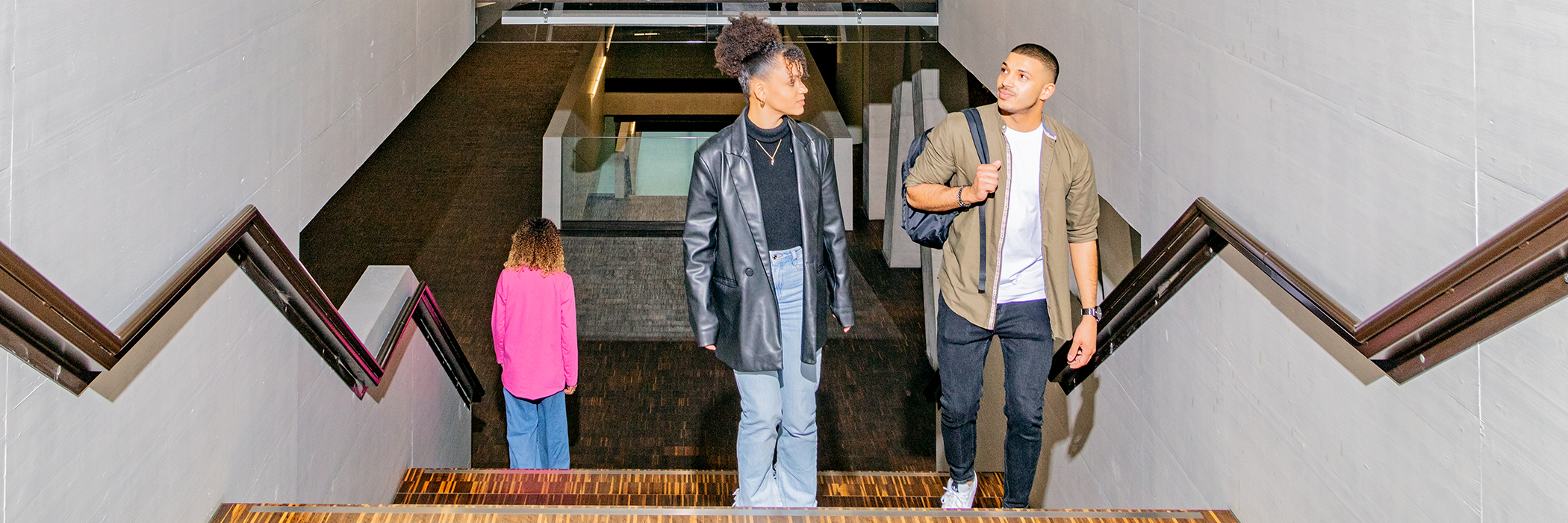Measurement and Control Engineering Laboratory
Measurement and control technology are essential components of modern technical systems, but they are also important in other domains (e.g., economics or medicine). Moreover, they represent key technologies for numerous Swiss companies. Through a wide range of laboratory experiments, the entire spectrum from basic measurement principles to control is conveyed.
Part 1 – Measurement Technology:
- Basic terms and concepts of measurement technology
- Measurement of electrical quantities using a digital multimeter, oscilloscope, and measurement circuits
- Measurement of non-electrical quantities, e.g., temperature and distance
- Handling measurement uncertainty and practical challenges
- Planning, execution, and evaluation of experiments
- Basic terms and concepts of control engineering
- Description of control plants
- Controller types (PID, two-position, and three-position controllers)
- Simulation of control loops
- Theoretical content is continuously reinforced through demonstrations and independently conducted laboratory experiments.
- can apply the fundamental terms of measurement and control engineering correctly.
- can make reasonable use of measurement instruments in order to measure electrical and non-electrical quantities.
- are aware of the main limitations and uncertainties regarding of measurements methods.
- can plan, execute, and interpret an experiment as well as analyze and judge the precision of experimental data.
- can examine and characterize dynamical systems using appropriate methods and select a suitable type of controller.
- can tune controllers for specific applications and simulate control loops.
- Mathematik Grundlagen (magl)
- Elektrotechnik (eltW)
